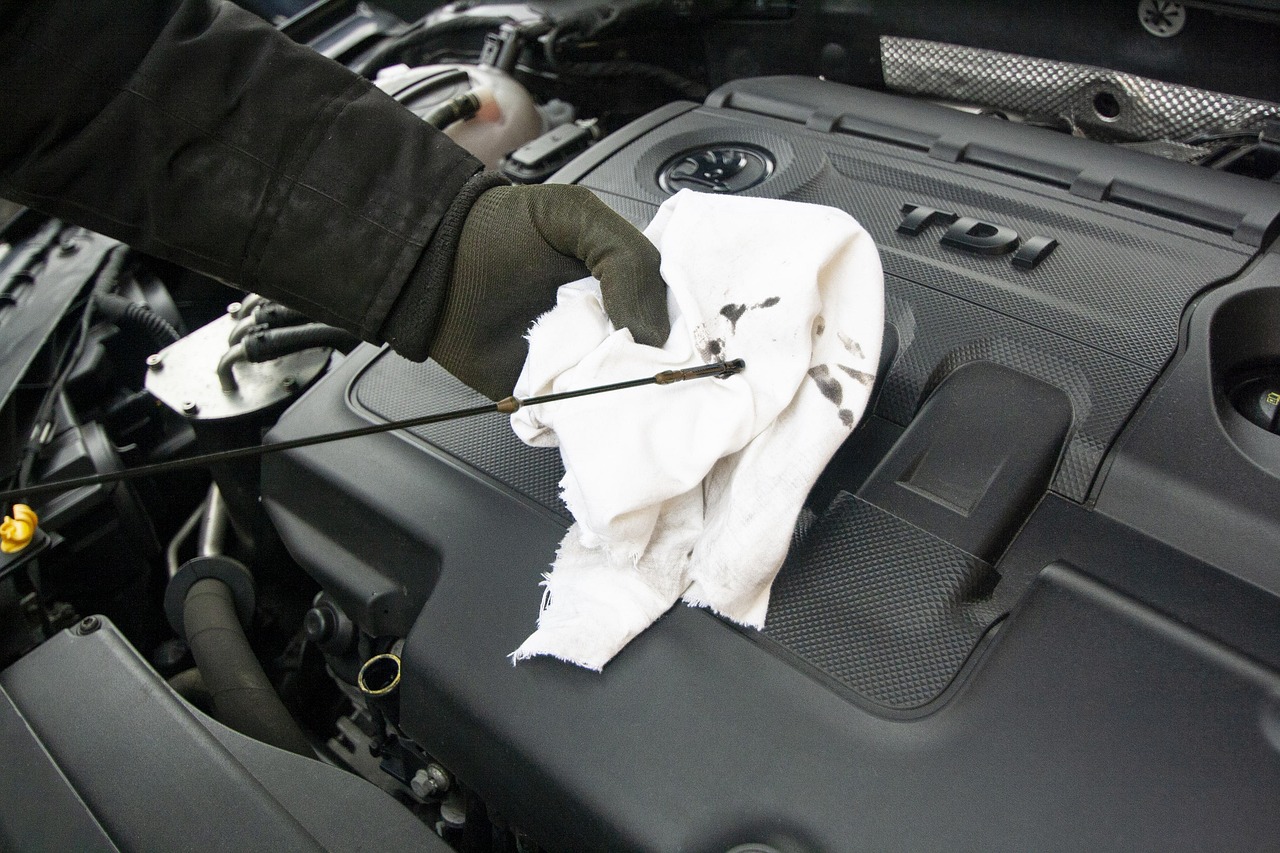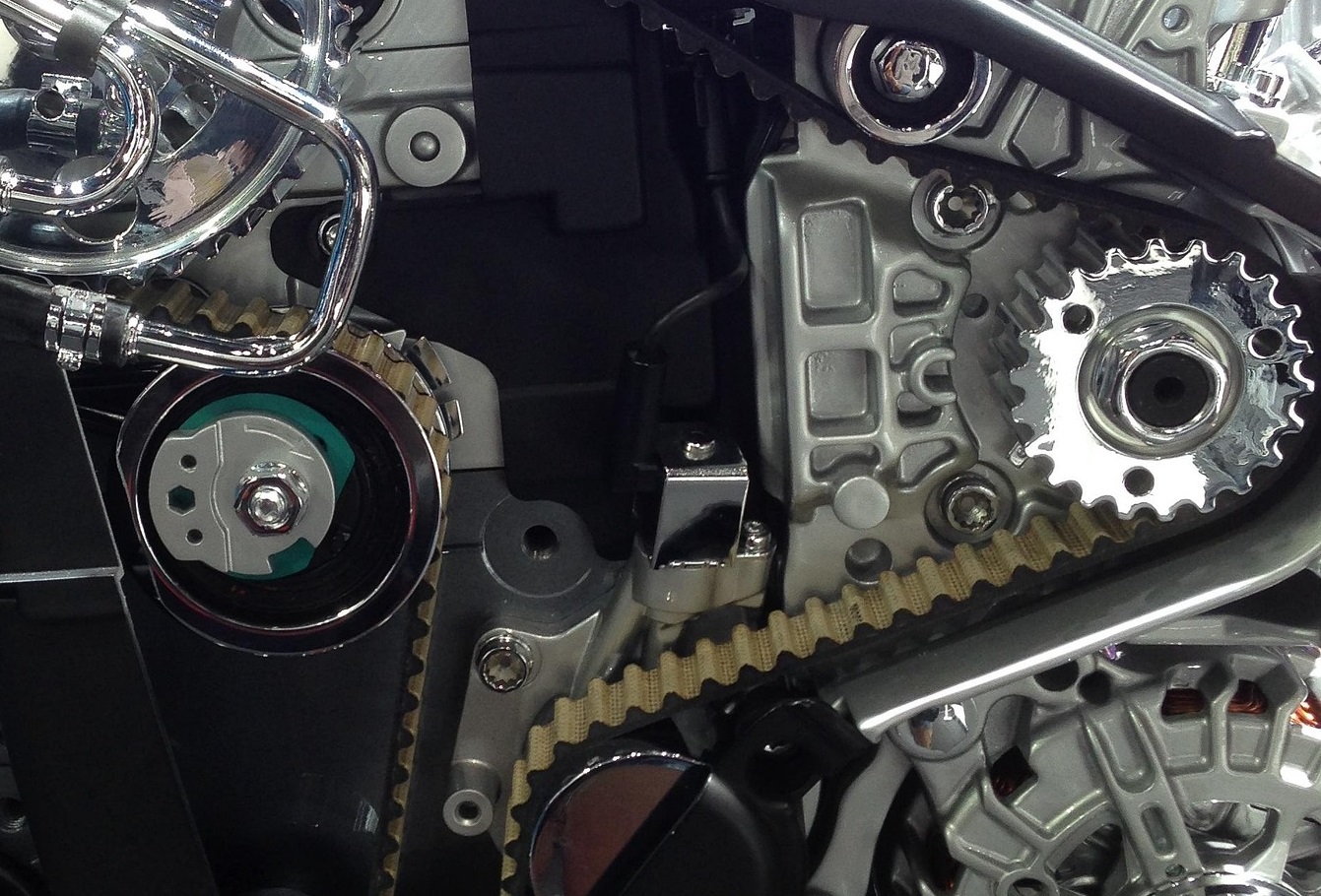Engine oil plays a critical role in ensuring the health and longevity of your diesel engine. While most diesel car owners are familiar with the importance of regular oil changes, many overlook when and why it’s time to change it. In this guide, we’ll outline everything you need to know about when to change the engine oil in your diesel car, including key signs to watch out for, as well as best practices for oil replacement.
When to Change Engine Oil in Your Diesel Car
Engine oil in diesel cars undergoes more strain than in petrol engines due to the higher pressures and temperatures at which diesel engines operate. Because of this, timely oil changes are crucial to avoid costly engine repairs and ensure smooth performance.
Oil Change Time Intervals:
- 3 – 6 Months or 5000 – 7,500 Miles: The most common recommendation for a routine oil change in a diesel engine is every 6 months or 5000 – 7,500 miles, whichever comes first. This interval ensures that the oil remains effective in lubricating the engine parts and reduces the risk of carbon buildup, which is more prevalent in diesel engines.
- 12 Months or 10,000 Miles: Some newer models with synthetic oil or more efficient diesel engines can last longer, with oil change intervals stretching to 12 months or 10,000 miles. Always check your owner’s manual for manufacturer-specific guidelines.
Key Points to Consider:
- Manufacturer’s Guidelines: Always refer to your vehicle’s owner manual for the recommended oil change intervals. This is the most reliable source for knowing when to change your oil.
- Driving Conditions Matter: Frequent short trips, heavy towing, and stop-and-go city driving can cause the oil to break down faster. If you often drive in these conditions, you may need to change the oil more frequently, even before hitting the mileage mark.
- Time is as Important as Mileage: While it’s common to track oil changes based on miles driven, time also matters. Oil degrades over time, even if you’re not using your vehicle often. If you haven’t hit your mileage limit, consider changing your oil at least once a year if the car is used infrequently.
- Oil Type and Quality: The type of oil used in your engine can affect how long it lasts. Synthetic oils typically offer longer intervals between changes than conventional oils. Diesel-specific oils with additives are often more expensive but provide better protection under high-stress conditions.
Signs It’s Time to Change Your Diesel Engine Oil
If you’re unsure whether it’s time for an oil change, keep an eye out for these common indicators:
1. Dirty or Low Oil
Check the oil’s appearance and consistency regularly. Healthy oil should be amber in color and smooth. If it’s dark and gritty, it’s full of contaminants and may need changing. Additionally, a low oil level could indicate a leak or that the oil is evaporating due to high engine temperatures.
2. Unusual Engine Sounds
If your engine starts making strange knocking, clattering, or grinding noises, it may be a sign that the oil isn’t lubricating the engine components properly. This can happen when the oil has degraded or is too low.
3. Check Engine Light
A check engine light or an oil light on the dashboard could be a signal that your oil needs to be changed. Some newer models also come with an oil life monitoring system that calculates when an oil change is due based on factors like driving habits and temperature.
4. Reduced Engine Performance
If you notice a decrease in acceleration, sluggishness, or poor fuel economy, the oil may not be working as effectively, and you should check the oil condition.
5. Smoke from the Exhaust
Excessive smoke from the exhaust can be a result of poor lubrication. If your oil is old, thick, or contaminated, it may lead to inefficient combustion, causing black or blue smoke from the exhaust.
What Type of Oil Should You Use for a Diesel Engine?
- Diesel engines require specific oil to handle the higher pressures and temperatures that they generate. Here’s what you need to know about choosing the right oil:
- Synthetic Diesel Engine Oil: Most modern diesel engines perform best with synthetic oils, which offer superior performance at high temperatures, extended intervals between changes, and better protection from contaminants.
- Viscosity Ratings: Diesel oils often have a higher viscosity, which means the oil is thicker and can better withstand higher pressures. Be sure to check the viscosity rating on the oil container to ensure compatibility with your engine’s needs.
- Diesel-Specific Additives: Some oils come with additives designed for diesel engines. These additives help with the cleaning of soot buildup and prevent the formation of sludge, keeping your engine cleaner.
DIY vs. Professional Oil Change
You can either change your oil yourself or take it to a professional mechanic. Here’s a quick comparison of both:
DIY Oil Change
Pros: Cost-effective and rewarding if you enjoy working on your car.
Cons: Requires the right tools, space, and knowledge. You must also ensure proper disposal of old oil, which can be harmful to the environment if not handled properly.
Professional Oil Change
Pros: Ensures that the job is done properly with the right tools and equipment. Mechanics may also check other important fluids or components during the oil change.
Cons: Higher cost compared to DIY. However, many garages offer competitive pricing for basic oil changes.
What to Check Before Replacing Your Engine Oil
Before authorizing an oil change, here are a few things to consider:
- Oil Filter Replacement: Ensure that the oil filter is being replaced along with the oil. This is crucial for maintaining the integrity of the new oil and ensuring proper circulation throughout the engine.
- Check for Leaks: Have the mechanic check for oil leaks around the engine and seals. Leaking oil can cause a drop in oil levels, leading to insufficient lubrication.
- Use High-Quality Oil: Confirm that the oil being used is of the right specification and quality for your diesel engine.
How to Know the Job Was Done Properly
After your oil change, here’s how to confirm everything is in order:
- Smooth and Quiet Engine: The engine should run smoothly and quietly, with no strange sounds or vibrations.
- Oil Level: Make sure the oil level is correct and that the oil cap is securely tightened.
- Old Parts Inspection: Ask the mechanic to show you the old filter and oil (if possible). This allows you to confirm that the oil change was completed.
- Invoice: Ensure that you receive an invoice detailing the work performed, parts used, and any warranties associated with the service.
Additional Considerations for Diesel Engine Oil Maintenance
- Check Oil Regularly: Even if you change your oil as recommended, checking the oil level and condition regularly will help you catch any issues early.
- Driving Habits: Adjust your oil change interval depending on how you drive. Frequent short trips or towing may require more frequent oil changes.
- Oil Additives: Some drivers choose to use oil additives to further enhance oil performance, especially in older diesel engines. Consult with your mechanic to determine if these are necessary.
Summary:
In summary, changing your diesel engine oil on time is crucial for engine longevity and performance. While the general recommendation is to change it every 6 months or 7,500 miles, factors like driving conditions, oil quality, and climate can affect how frequently you need to change it. Be sure to monitor oil quality, watch for warning signs, and use the right oil to keep your engine running smoothly.


